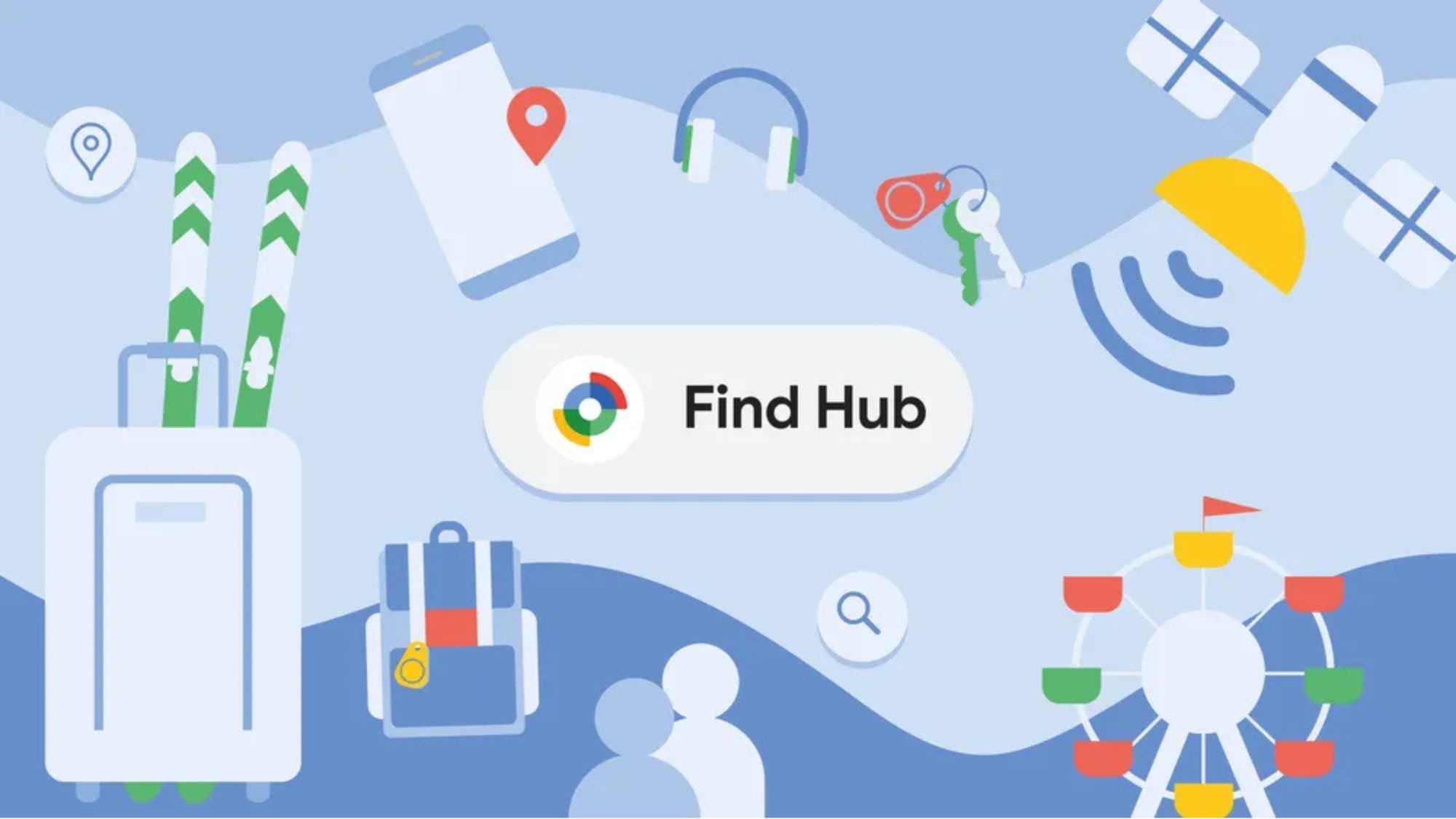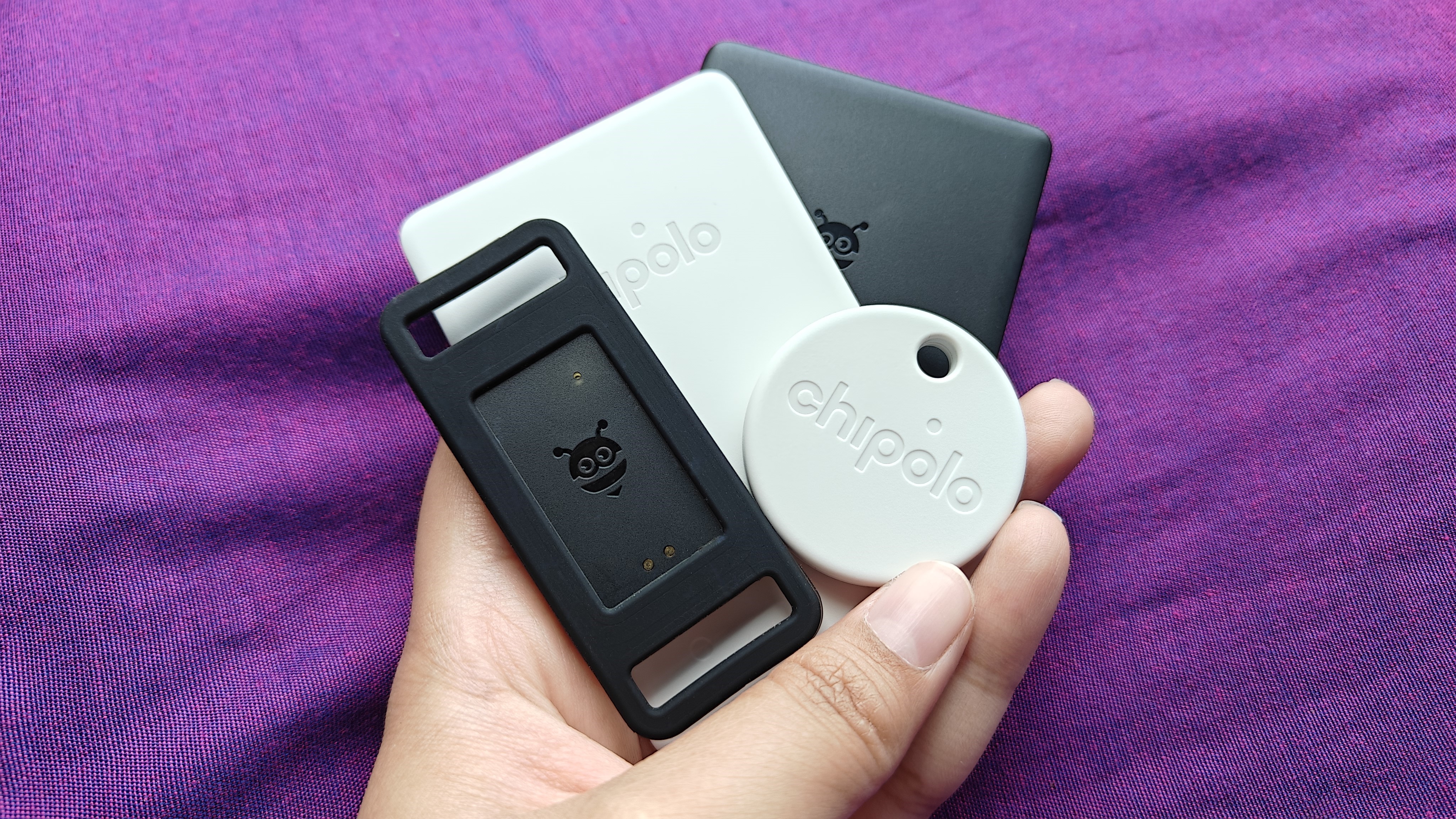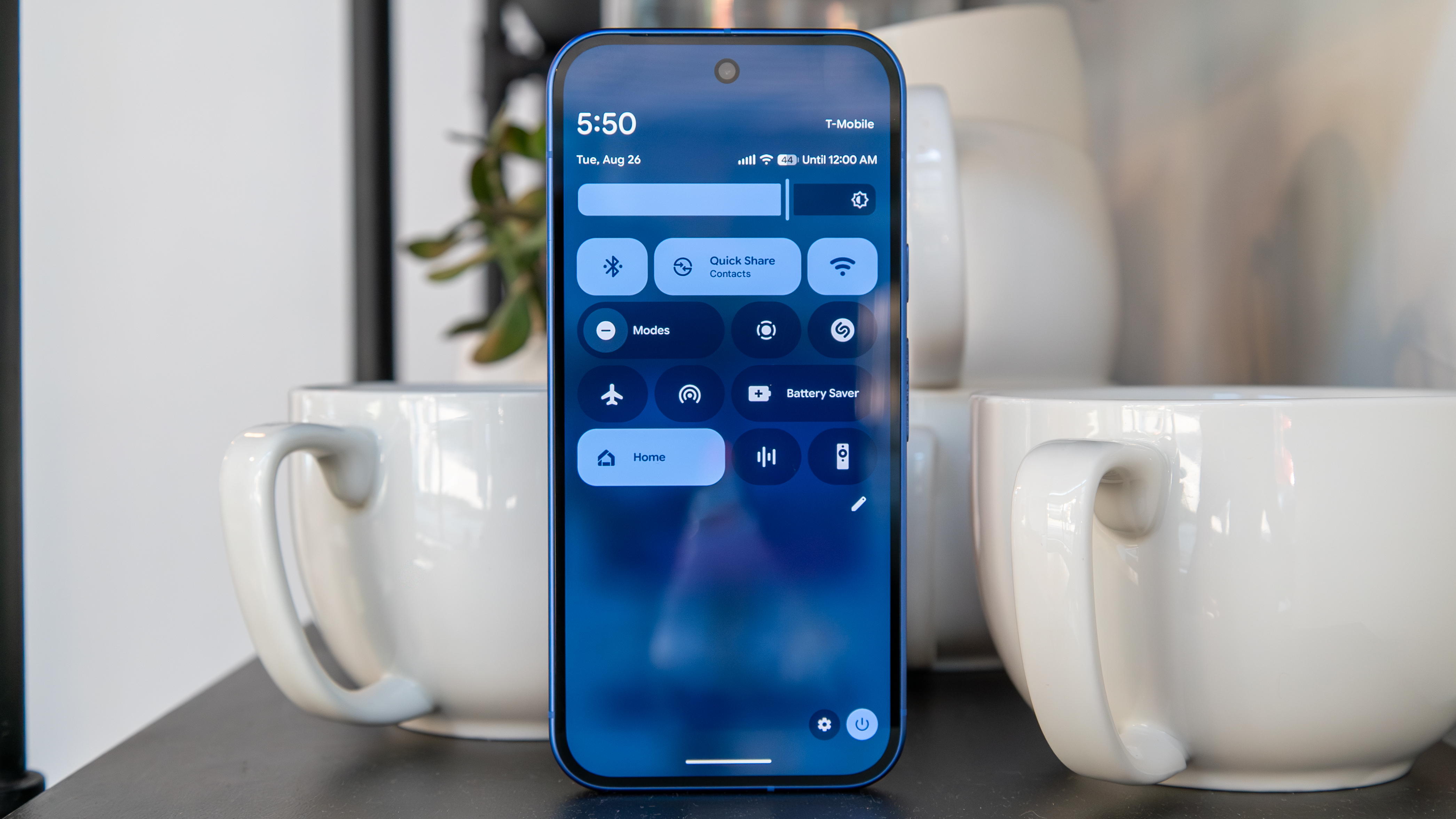Google’s Find My Device gets a much-needed update
The latest revamp focuses on seamless connectivity and better experiences.

What you need to know
- Find My Device evolves into Find Hub with UWB tag support and satellite connectivity for enhanced tracking.
- Google further plans to partner with airlines to simplify lost luggage recovery using Bluetooth tag location sharing.
- The airline partnership is set to see the light of day early next year.
Google introduced Android 16 on Tuesday (May 13), and it brings in a host of new features, including enhancements to Find My Device.
According to Google, the popular Find My Device is seeing an evolution into Find Hub, making the process of locating belongings, family, and friends even easier.
The search giant will also be bringing new nearby finding capabilities with UWB-enabled tags — and Moto Tag is believed to be the first product to feature the functionality.
The evolution of Find Hub also comprises the integration of satellite connectivity, which is said to help users stay connected with friends and family even when they aren’t around any cellular connectivity.
Google is aiming to make traveling even smoother. The company is all set to increase its partnerships with prominent airlines that will allow users to easily share their Bluetooth tag’s location with the airlines in order to recover their lost luggage hassle-free. The suggested partnerships are expected to see the light of day by early next year, which should come in handy for all those travel enthusiasts out there.

Part of Android 16 revamp
Users will also be expecting more personalization options going forward with the Find Hub. It ties in with the customization that is coming to Android 16 with the new Material 3 Expressive introduced by Google on Tuesday (May 13) with an aim to make the usage of your Android phone and smartwatch (with Wear OS) “fluid, personal, and glanceable.”
Meanwhile, the Google I/O event, aka The Android Show, has also focused on the expansion of Gemini Live across the ecosystem. It means Google Assistant will entirely be replaced by Gemini Live on Android phones, wearables (via Wear OS), cars (through Android Auto), TVs (via Google TV), and XR (Android XR). The suggested integration would further focus on intuitive, hands-free, and context-aware AI assistance presumably superior than Google Assistant.
Get the latest news from Android Central, your trusted companion in the world of Android

Vishnu is a freelance news writer for Android Central. Since 2018, he has written about consumer technology, especially smartphones, computers, and every other gizmo connected to the internet. When he is not at the keyboard, you can find him on a long drive or lounging on the couch binge-watching a crime series.
You must confirm your public display name before commenting
Please logout and then login again, you will then be prompted to enter your display name.
